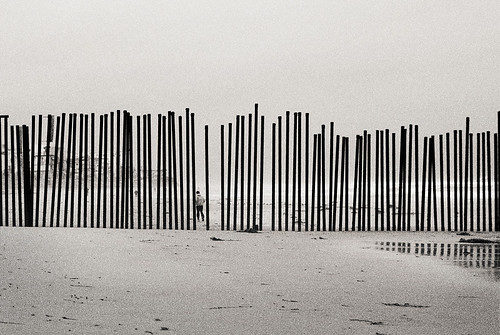 Montreal, 30 March 2016 — Immigration Canada is demanding that a man pay for the cost of his own deportation before he can return to Canada and be reunited with his family in Montreal. Robert (not his real name), a refused refugee, was deported one year ago, even though he was a main care-giver for his adopted grand-daughter, then 3 years old. Now that his application for permanent residence on humanitarian grounds has been accepted by Immigration Canada, he can return – but only after paying $1500, which the family cannot afford.
Montreal, 30 March 2016 — Immigration Canada is demanding that a man pay for the cost of his own deportation before he can return to Canada and be reunited with his family in Montreal. Robert (not his real name), a refused refugee, was deported one year ago, even though he was a main care-giver for his adopted grand-daughter, then 3 years old. Now that his application for permanent residence on humanitarian grounds has been accepted by Immigration Canada, he can return – but only after paying $1500, which the family cannot afford.
“It is absurd to demand that Robert pay for being violently separated from his family and forcibly deported. On the contrary, it is he and his family who are owed reparations. Canada should bring him home now,” stated Claire Abraham of Solidarity Across Borders.
“We don’t have that much money. Since my husband’s deportation from Montreal, I have been forced to work less because I am now the only one taking care of my grand-daughter. And when my application was accepted, like everyone in that position, I wasn’t able to work at all until my work permit was approved, for fear of jeopardizing my application. As a non-status family, of course we don’t have access to child benefits, subsidized daycare, social assistance or anything … We’ve been relying on food banks and the support of friends just to live. I asked if there could be a payment plan, but Immigration Canada said no,” explained his wife Nancy in Montreal.
Nancy and Robert’s struggle for status in Canada illustrates the injustice and cruelty of Canada’s border policies.
Fleeing her violent ex-husband, whom her family had forced her to marry, Nancy sought refuge with her son in Canada. Their refugee claim was refused. Still fearful of her ex-husband and concerned for her son’s well-being, Nancy refused to leave Canada. She and her son joined the invisible class of undocumented workers who harvest the food citizens eat, work their factories, and clean their homes.
For his part, Robert came to Canada to escape threats by a gang. His refugee claim was also refused but, like Nancy, he preferred living a precarious underground life in Canada to returning to danger in his birth country. Nancy and Robert met in Canada and married.
In 2013, Nancy’s son was caught and deported. He left behind a 2-year-old daughter. Youth Protection placed the child with Nancy and Robert, since the child’s mother, a citizen, was unable to provide a safe home. In her paternal grand-parents’ home, the child found stability, love, and security. Robert and Nancy worked long hours at less than minimum wage to ensure that all the child’s needs were met. The child flourished, calling Robert “Papa”.
Robert was leaving the metro one day last March when the police stopped him. It was a case of racial profiling: someone had reported a cell phone stolen and the police seized the first brown man they saw. He had nothing to do with the stolen cell phone, but when they ran his name through their system, they found an arrest warrant which had been issued by the Canadian Border Services Agency (CBSA) when Robert had failed to show up for his deportation seven years earlier. Robert was detained in the Immigration Detention Centre at Laval and quickly deported. Another parent had disappeared from the child’s life.
There are anywhere between 80,000 and 500,000 people in Canada without legal status, according to Immigration Canada’s estimates (2008). These people contribute to society in innumerable ways but are excluded from all public benefits and securities. Living in precarity, under constant threat of deportation, they subsidize the wealth enjoyed by citizens.
“Canadian society should recognize and cease its systemic exploitation of people with precarious immigration status, and end the violent practice of deportations,” said Abraham.
